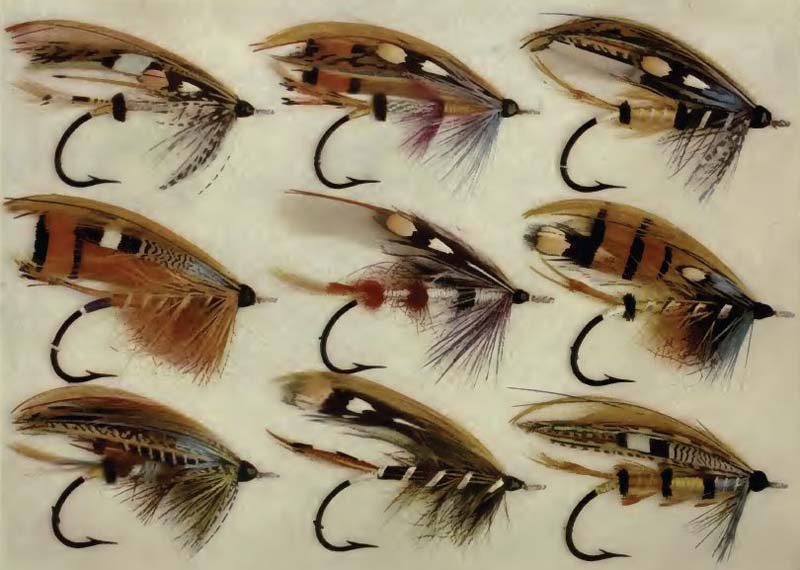. . . More particularly, those who obsess about it as it relates to rare feathers and furs
by Skip Clement

Edwin Rist, 22, of London, stole 299 rare bird skins from a Hertfordshire museum had been ordered to pay £125,150 (176,925.81 U. S) under the Proceeds of Crime Act – BBC News, 2011.
[dropcap]T[/dropcap]he Brits have a word for the sublimely obsessive, “anorak.” It’s a colloquialism that means someone with an avid interest in something most folks would deem dull or abstruse, like bus schedules, or subway timetables.
In the summer of 2009, a fly tying genius and feather obsessor started a worldwide hunt when he selectively robbed 299 of London’s Natural History Museum’s 750,000 bird skins.
Fifteen months into the manhunt, a 22-year-old Edwin Rist, an American, studying the flute at London’s Royal Academy of Music was arrested.
In his apartment, zip-lok bags stuffed with thousands of the rarest of feathers and boxes filled with what remained of the rarest bird skins in the world. He had rendered useless the value of the collection.
Rist’s planning and execution of the heist was the stuff of a great detective novel
He posed as a photographer to gain entrances to case the vault – making multiple visits to assess ingress and egress routes. He wore latex rubber gloves, carried a professional glass cutter, used a suitcase that matched the size needed to steal what he wanted. He had knowledge of feathers and birds that were the rarest and would bring the best prices on the black market.
Rist, a master fly tyer was never jailed for the charges of burglary and money laundering he admitted to because of his defense, Asperger’s syndrome. He changed his name, moved to Germany, and plays flute in heavy metal band.
Note:
“ . . . While most of the feathers (to tie flies) can be obtained legally, there’s an extensive black market for the tufts of species now protected or endangered. Some Victorian flies require more than $2,000 worth, all wound around a single barbed hook. Like Rist, a virtuoso tyer, a surprising percentage of fly-tyers have no idea how to fish and no intention of ever casting their prized lures to a salmon. An even greater irony: salmon can’t tell the difference between a spangled cotinga plume and a cat’s hairball.” – Franz Lidz

Color Plate from Pryce-Tannatt, T. E. (1914) How To Dress Salmon Flies – A Handbook for Amateurs, London. Flies: Adam and Charles Black Flies depicted: (L to R, Top to Bottom) Silver Grey, Rosy Dawn, Jock Scott, Orange Parson, Dreadnought, Durham Ranger, Butcher, Candlestick-maker, and Popham.
A Commons image – public domain.







Join the discussion 2 Comments